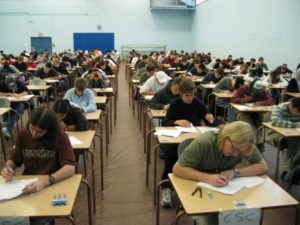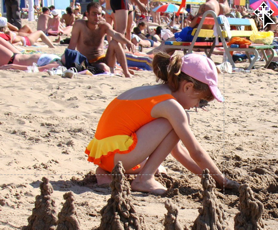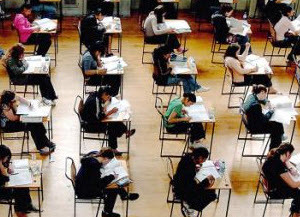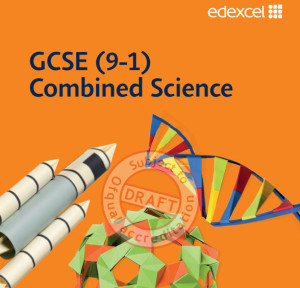And counting! OK – so now you’ve got your revision timetable in place, and you understand the importance of using the information rather than just flicking through your textbooks and notes. But where to begin……….?
Before you do anything else you must get yourself organised. I talk to so many students who just haven’t got their notes in any sort of order – it makes revision so much more difficult. So arm yourself with files, folders, dividers, post-its, plastic wallets, highlighters ……….. go wild with the stationary!
Now set some time aside to get all your notes, exam papers, worksheets, etc together and begin to get them organised. Use a revision guide or textbook for topic headings to help you – this will also enable you to spot any gaps. Perhaps you missed a few lessons, or your filing system is even worse that you thought?
If you do identify any gaps then now is the time to fill them! Make your own notes, or go onto YouTube and find some suitable videos – there is just so much help out there!
In the next post I’ll be talking about my favourite revision tool – past papers!
 Today is results day for GCSE exams. There have been significant changes in the way that grades are recorded and reported, and many people are confused about the new system. Here is an extract from a report published today in the Evening Standard.
Today is results day for GCSE exams. There have been significant changes in the way that grades are recorded and reported, and many people are confused about the new system. Here is an extract from a report published today in the Evening Standard. The summer holidays should be a wonderful time for children. Most of us will have memories of breaking up from school, with the holidays stretching before us. Although memories can be selective, I do recall that summer holidays were always sunny, and we did so much exploring and playing.
The summer holidays should be a wonderful time for children. Most of us will have memories of breaking up from school, with the holidays stretching before us. Although memories can be selective, I do recall that summer holidays were always sunny, and we did so much exploring and playing.



